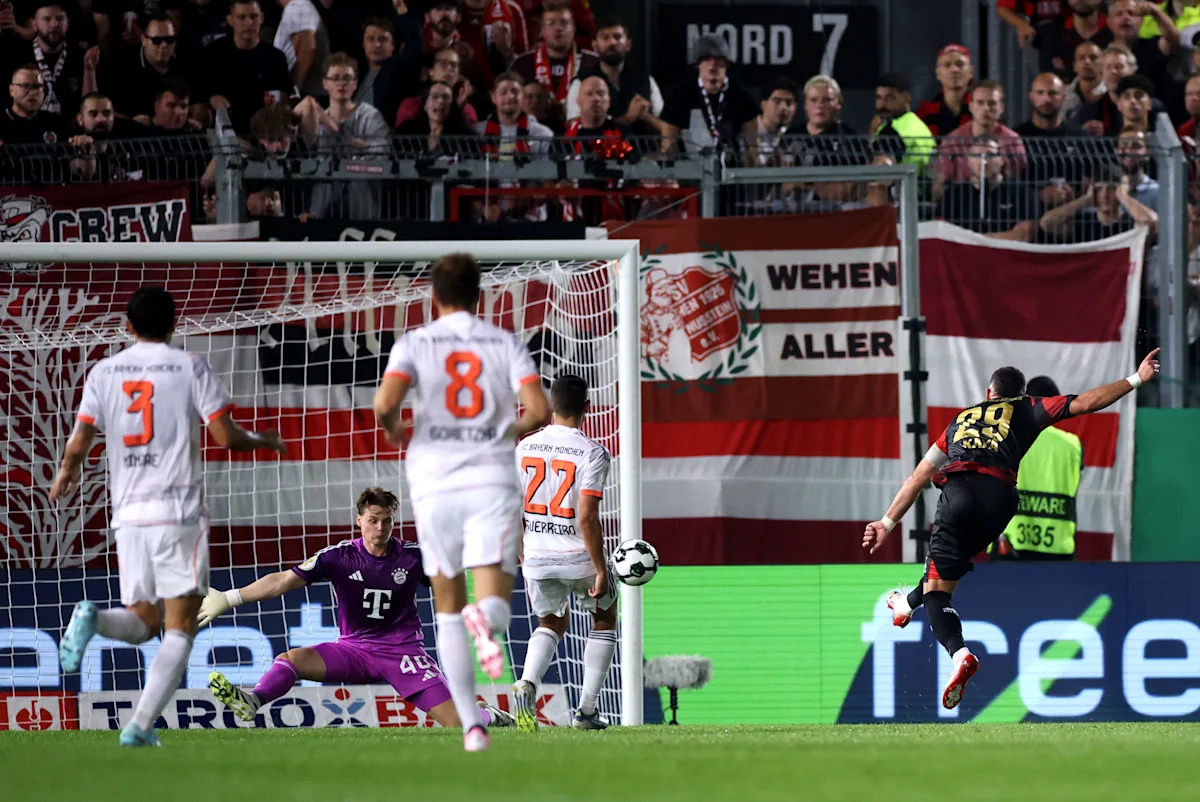One year ago, opposition candidate Edmundo González Urrutia secured a landslide victory in Venezuela’s presidential election, defeating President Nicolás Maduro by over 40 percentage points. This result was confirmed by independently collected tally sheets from over 80 percent of polling stations nationwide. González won a majority in every state, including in areas long considered strongholds of the ruling party. The massive voter turnout reflected widespread public anger over decades of corruption, economic collapse, and mismanagement under the Chavista government, in power since the late 1990s.
Despite this decisive outcome, Maduro remains the country’s de facto president. Shortly after polls closed, the National Electoral Council (CNE) announced fraudulent results claiming a narrow victory for Maduro. In violation of its own regulations, the CNE has never released the precinct-level data that would substantiate its claim, as the tallies would confirm the government’s defeat. Disregarding international condemnation from nations including Colombia and Brazil, Maduro’s United Socialist Party of Venezuela (PSUV) and the military closed ranks around him. Government security forces and paramilitaries violently suppressed protests against the electoral fraud. In early January 2025, Maduro was quietly inaugurated for a new term in a brief 30-minute ceremony attended by only a handful of allies.
In the subsequent months, González was forced into exile in Spain. María Corina Machado, the popular opposition figure who endorsed González after being barred from running herself, has gone into hiding within Venezuela. A campaign of arrests and intimidation has since dismantled the opposition’s political infrastructure. For ordinary Venezuelans, the experience has led to deep disillusionment. The failure of a successful electoral effort to unseat the government has left many citizens questioning if and how political change can be achieved.
Source link






